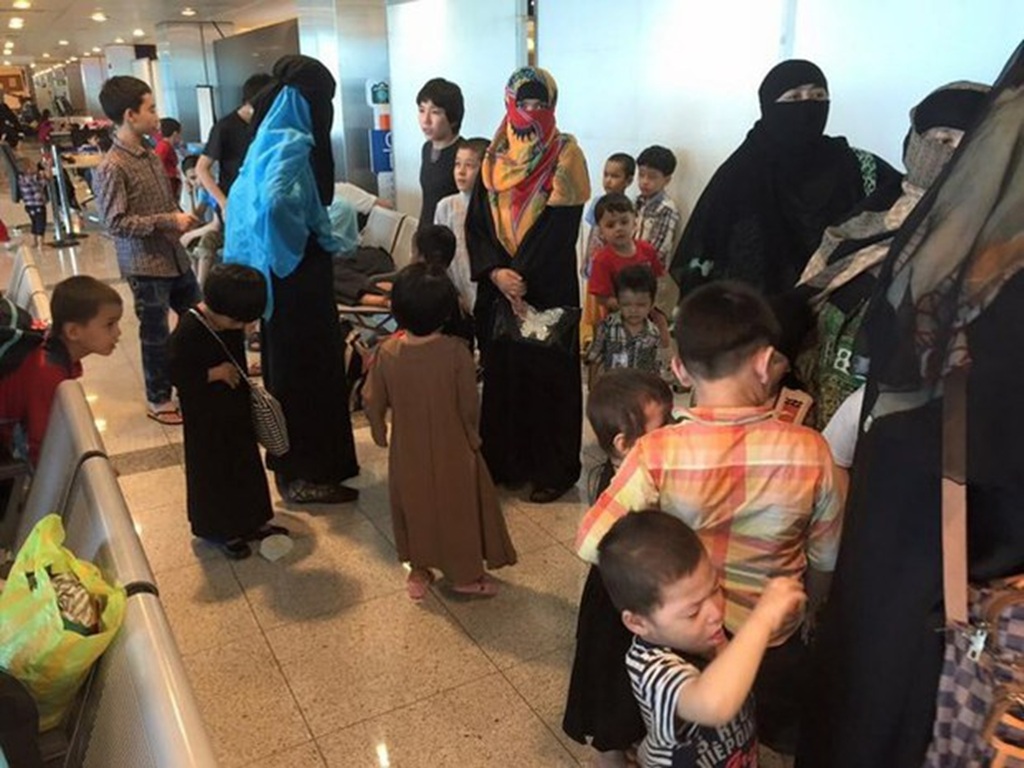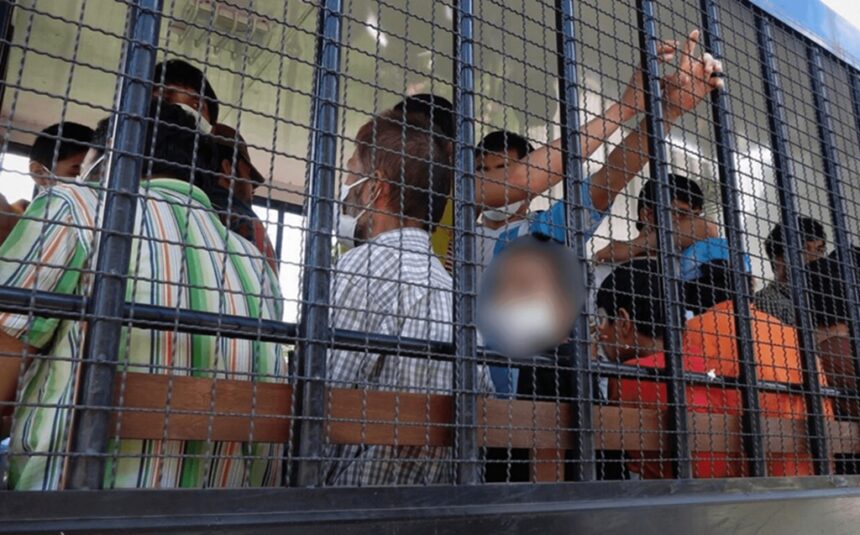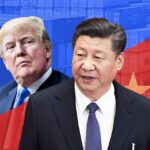The U.S. Department of State has dismissed Thailand’s claim that no country was willing to accept 40 Uyghurs who were deported to China on February 27, 2025. A State Department spokesperson stated that the U.S. and other nations had repeatedly offered to resettle the Uyghur refugees before their extradition to China.
The spokesperson said, “We have collaborated with Thailand for years to prevent this outcome, making consistent and repeated offers to resettle the Uyghurs in various countries, including, the United States and Canada.”
The deportation of the Uyghurs, the U.S. argued, violated Thailand’s obligations under the United Nations Convention Against Torture. It also emphasized that the U.S. and other nations did not require approval from China to provide asylum to the refugees.
The State Department added, “The responsibility to ensure that individuals at risk of persecution or torture are not forcibly returned is non-negotiable with the persecutor country.”
The decision to deport the Uyghurs has been widely condemned by countries like the U.S. and Canada, along with international human rights organizations. Critics warn the deportees could face severe repression, abuse, or even death upon their return to China.
Thai officials have repeatedly insisted that the Uyghurs voluntarily chose to return to their home region of Xinjiang and that China assured their safety.
The Thai Foreign Ministry also claimed that no viable offers for resettlement were made by any third country. Russ Jalichandra, Thailand’s vice minister for foreign affairs, described these resettlement proposals as “unrealistic.”
He further stated that deporting the group to China was the best option, as failing to do so could provoke retaliation from Beijing that might harm Thailand’s economy and citizens.

The 40 Uyghurs had been held in Thai detention since fleeing China’s crackdown on their minority group in Xinjiang. On February 27, they were secretly transported from a Bangkok detention facility in the early hours of the morning and sent to China.
China has denied all allegations of mistreatment against Uyghurs, asserting that its policies in Xinjiang are focused on economic development and combating extremism. Beijing also dismissed criticism of its handling of the issue, viewing it as a domestic matter.
Reports from human rights organizations and U.S. officials, however, indicate that over one million Uyghurs and other predominantly Muslim ethnic groups have been detained in China.
Many have faced torture, forced sterilization, political indoctrination, and forced labour as part of what critics describe as a widespread assimilation campaign targeting the region’s culturally distinct population.
Thai authorities detained over 200 Uyghurs in 2014 for immigration violations near the border with Malaysia. Smaller groups were apprehended elsewhere at the same time.

In 2015, approximately 170 women and children were allowed to go to Turkey, while more than 100 men were deported to China, resulting in international backlash.
The remaining detainees, including the 40 recently deported, languished in Thai custody until their removal this February. Eight Uyghurs reportedly remain in Thailand, though their status is unclear.
Human Rights Watch and other advocacy groups have strongly condemned these deportations, calling them a breach of both domestic and international law. They warn that the deported men face serious risks of torture, enforced disappearance, and indefinite detention by Chinese authorities.
United Nations human rights chief Volker Türk also criticized Thailand’s decision, arguing it violated global human rights laws and standards.
He called on Thailand to ensure the remaining Uyghurs are not sent to China and urged Beijing to disclose the deportees’ current whereabouts. Türk further appealed to China to guarantee their humane treatment in line with international human rights laws.
In response, Chinese Foreign Ministry spokesperson Lin Jian accused Türk of interfering with national judicial processes. He maintained that neither China nor Thailand had violated any laws.
“China is fully committed to safeguarding the lawful rights and interests of its citizens,” Lin said. “The individuals repatriated after prolonged detention abroad have had their rights protected according to the law and have returned to normal life.”
Related News:
Thailand’s PM Confident Uyghurs Repatriated to China Are Safe

Geoff Thomas is an award winning journalist known for his sharp insights and no-nonsense reporting style. Over the years he has worked for Reuters and the Canadian Press covering everything from political scandals to human interest stories. He brings a clear and direct approach to his work.














